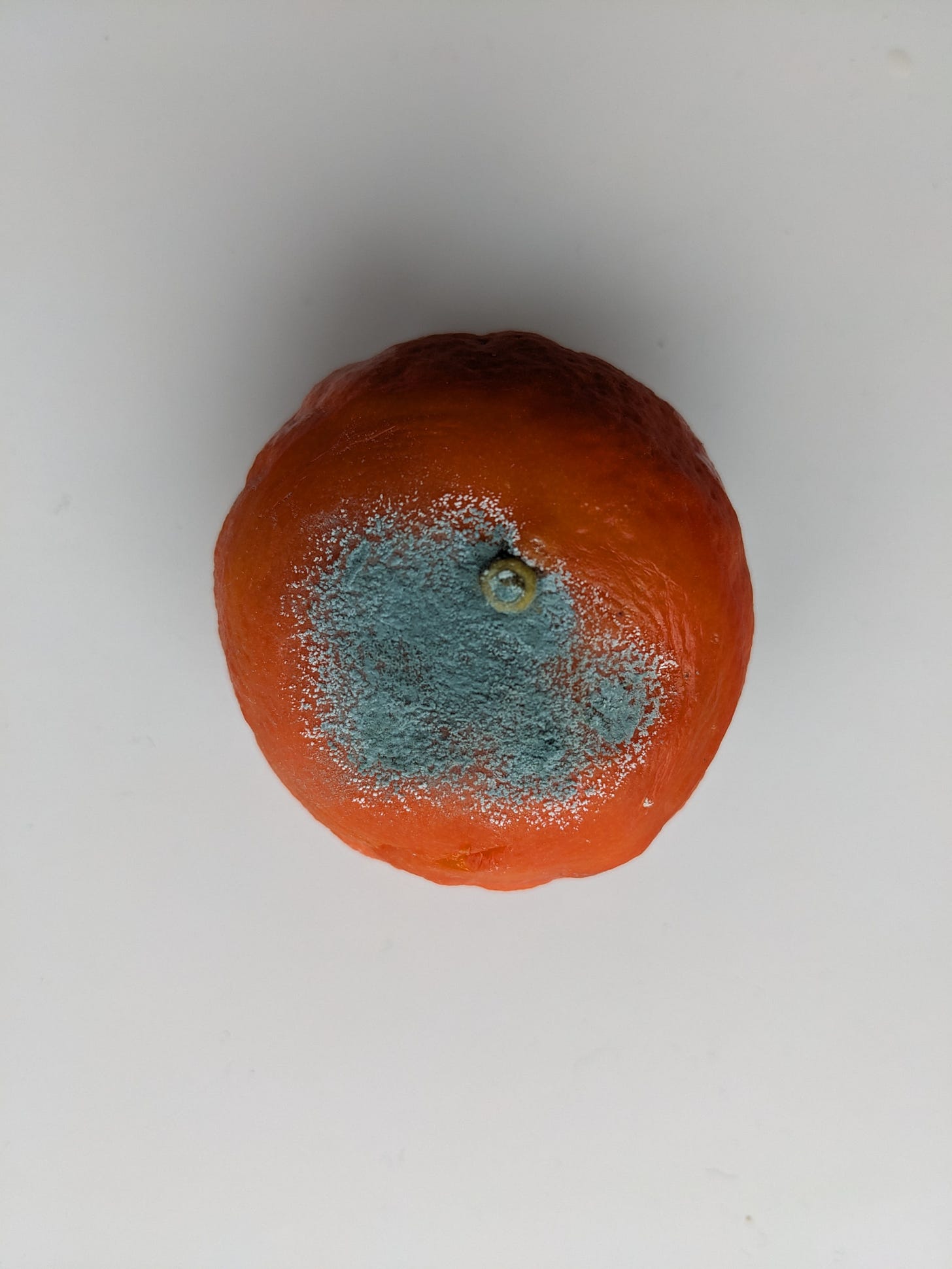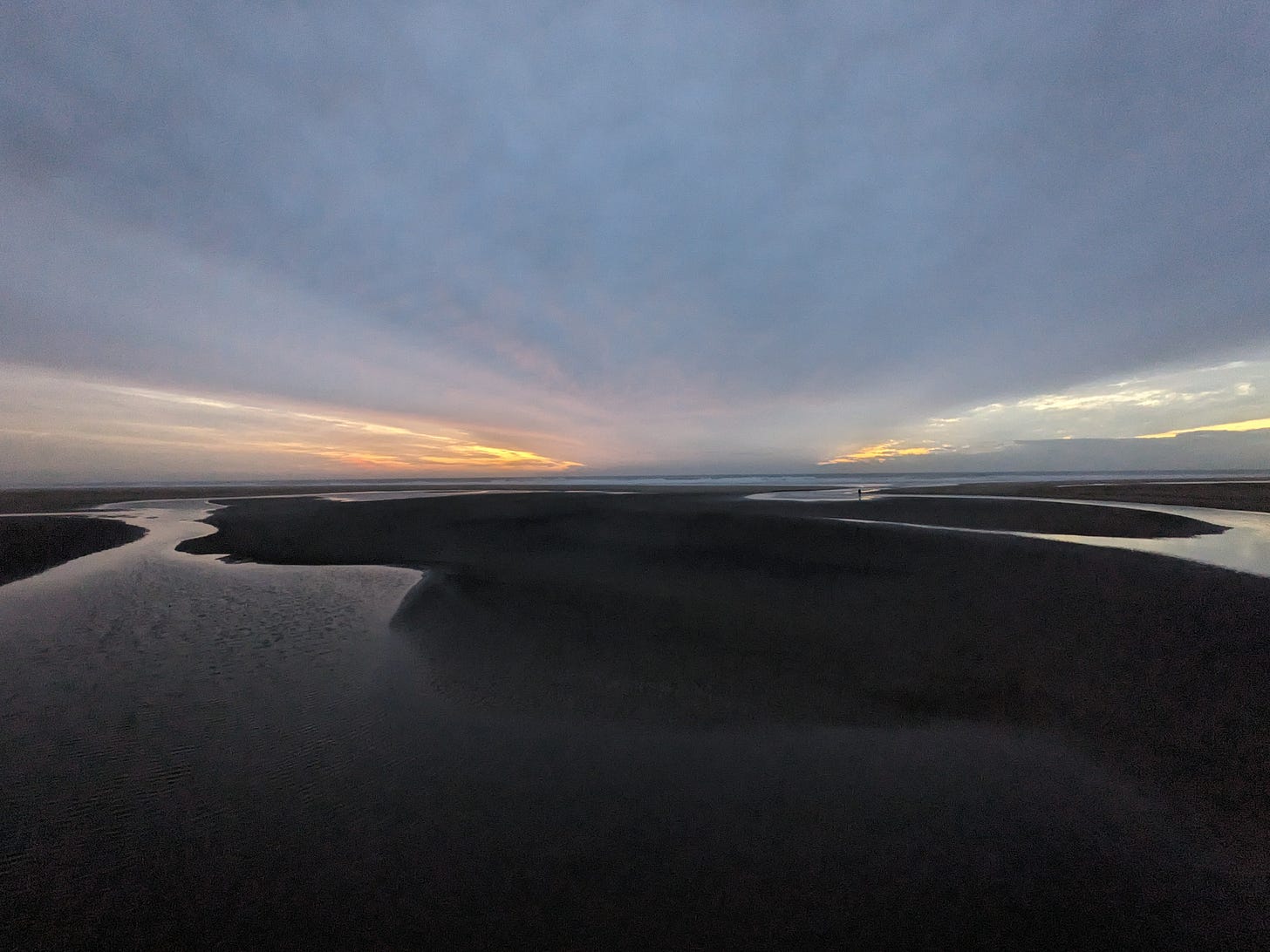I was born under a wandrin’ star
A wandrin’ wandrin’ star
/
And we all lose our charms in the end. . .
.
Disclaimer: “In this house, we believe” that property is theft. This essay’s main concerns are housing and beliefs. The baselines are two: that property is theft; and that no belief is true. (Liberal or conservative, Americans in general are fervent believers (cf. Bloom, not for his 1992 book’s main argument about Gnosticism, but for its shrewd contextualization of our national identity). Religious extremism is our inheritance. Dead-eyed Europeans have been a sight for us sore Americans abroad: what a relief, people of nations that centuries ago had the wind taken out of their sails; that have acknowledged and begun to process their collective traumas; that are emerging, slowly, with a sense of communality. It is a welcome break from the breathlessness of idealism, a more nuanced cynicism than the golddiggers’, even if it gets a little boring to the cortisol-addicted body, fresh from getting hustled and ground down by the SF Bay Area’s big fiend energy. . .)
My partner and I have been in European Country X for almost 90 days, and the residency process—making local friends to help translate documents, getting to offices during their scant/odd open hours, researching and interpreting international immigration law without paying high lawyers’ fees—has nearly bested us. In order to avoid getting booted out of Schengen, we are relocating next week to Country Y, who recently loosened up certain of their restrictions. Country Z has always been our long-term goal, but newly-discovered fine print in Z’s laws, differently applied to their citizens (which my partner is) and foreigners (which I am), have made it impossible for us to go straight there and stick together. And so we are still liminal, in a way that is “better” than our experiences in the US (houselessness, extortionist rents, illegal and dilapidated units), though way more headachy than we had hoped. We are still feeling bruised and ungrounded, after all, despite being materially safer.
The moon will be full in Virgo this weekend, and my cycle is aligning so that I’ll bleed on it. Virgo/Pisces is the axis of the healer, the surrendered. I am moved to write today because earlier I felt, in a new, loving way, that adage: “Wherever you go, there you are.” It doesn’t matter, in other words. You think it does; perhaps you want it to, for a sense of control; but in ‘the bigger sense,’ it doesn’t matter. Maybe this is just for me, or my temperament or personality, if I fall into a category: willing to leave home; able to adjust the notion of ‘home’ to suit nomadic circumstances; seven open centers; mutable Moon, Mercury, Venus, Mars; the child of an immigrant and an orphan…
At the outset of this cycle’s luteal phase, feeling dark-deep-dense, I finally watched “Gone With the Wind” for the first time. I had always been leery of it, afraid of what I might find. At first blush, what I held against Scarlett O’Hara was my own misunderstanding of her motivations: she is a pure American icon in her identification with and fixation on land/property, something that repels me instinctively. I found her attitude and behavior to be basically rotten and deluded. Although I could admire her determination, and be shamed by all that she had to survive across four grueling hours of drama, I could only feel dismay at her being caught up in a childish fantasy of ownership and control. Surely my own projection contributed to such a strong repulsive effect?
How anyone looks judging anything (JW Waterhouse)
A perfect symbolic representation of unbridled ego, Scarlett is impressive only for being a female-bodied egotist instead of the conventional male one. Her character epitomizes traumatic, addictive attachment, and the malice and destruction that such an attachment enables, by dint of its intensity of pain (the more desperately you cling, the more violently you’ll have to defend the increasingly transparent falseness of your ‘ideals’, and so on). In the spiritual/religious (generic Buddhist or Christian) sense, Resistance is Futile. Surrender is the key to empowerment. The art of allowing enlightens. Right doing implies an acceptance of all that is, and a commitment to the present moment.
Through this lens, the ego that fuels Scarlett’s tenacity wastes tremendous energy, and never truly “succeeds” on its own terms. Indeed, an ego’s terms definitionally are set not to succeed—otherwise, the ego would be an obsolete construction. It replays patterns of suffering to reinforce the necessity of its own existence. Spirals of tragedy proliferate in the film; deaths and humiliations repeat themselves with variations. Completely identified with her ego, Scarlett is the given-over demon mother, vowing as Sherman burns Atlanta: If I have to lie, steal, cheat, or kill—with God as my witness, I’ll never go hungry again.
Eckhart Tolle is not the first to identify the ego with the thinking mind, but he is probably the most famous of this century’s New Age figures for Americans. The ego, we have all learned on Oprah, feeds on drama. It is happiest when you are unhappy. When you try to kill it, it gets stronger. It is holding the reins inside most people’s minds, ruining their peace. Free your mind and the rest will follow. Et cetera. What you think you think is the problem; put another way, ideology is the trap. There is an easy analogy here between the South in 1865 and the whole US project now, in 2024. To make it sound like a Trump tweet: this country breeds ego like no other nation, maybe ever.
Tenacity—pride—loyalty—conventional social values—patriotism—willful determination: American values are all outgrowths of Scarlett-style, frontier-survival egotism. Patriotism, like hatred, is made, not born; it’s a personal observation that the high spiritual costs of land “ownership” causes the pain that breeds such willful ignorance. In order to break with that social convention she once championed—transforming the means, but not the ends, of her person—Scarlett’s individual ego has to be correspondingly inflexible; it seeks control at any cost.
Ironically, in dominating everything around it, an ego becomes increasingly defensive, while its host person becomes weaker. Scarlett loses every single relationship dear to her by the end of the film. Any chance for compassionate connection is destroyed by the fate that follows upon total exaltation of ego. Denial, or refusal of acceptance, contours tragedy. There is a sure way to “lose everything:” allow yourself to be completely subsumed by and identified with your ego-mind. Any goals in themselves—love of a childhood sweetheart, money, land—turn to ash in their reception. An ego-destroying aside: we are now at the advent of Pisces season. “The person who apologizes first has more self-worth” (Dr. Harriet Lerner). Without self-forgiveness, there can be neither relief nor grace.
Trauma is disconnect, fragmentation. Loners operate in isolation. It turns out there is such a thing as “too smart for your own good,” either when emotional maturity is lacking or when severe traumas go unprocessed (or both, in Scarlett’s case). An adolescent memorable for fierce uniqueness within her society epitomizes naïve American exceptionalism. This itself underwrites the narcissism corroding our ability to care for each other in community (cf. landlords). Survival, the theme of “Gone With the Wind”, has been revealed as the core wounding site of the US project since before that book or its film adaptation. Civil wars of all kinds beg for processing in the community arena, particularly after the pandemic. Everyone’s therapist has told them their nervous system cannot heal while stuck in “survival mode:” frozen, there’s no hope for your own system, nor the greater matrix of your lineage, your social sphere, or town, or state, nor any other of our modern tribal affiliations. Pluto is in Aquarius now; systems are (going) down, personal feelings be damned. Glorification of ego is one of many dark cloaks that needs shedding.
.
Scarlett and Dorothy, spiky & sweet versions of the same narcotic patriot’s punch:
There’s no place like home!
.
Nothing’s anybody’s fault, in the end. But how establish safety in the body? Whatever enables repair and acceptance, moving on, letting go: “Do some yoga/EMDR/MDMA about it.” You do have to have a livable space in which to live; to process trauma. Random outbursts of sobbing and of rage have characterized the past few months, and I am sure it’s because I finally have my own room and the safety and quiet of a trusting neighborhood outside. I feel for my closest artist peers back home, none of whom have either of these.
California, we predict, will be the last place in the country where Millennials will be able to organize their lives around the American Dream. It remains an ideologically/psychologically convenient dream, simple and clear and unattainable, the ego-fantasy of making something great again. In California, at least, the densest Maya gets expressed as the highest property prices.
It was while reading up on this weekend’s full moon that I heard a voice this morning. It spoke plainly, a little impatient. It doesn’t matter. I had been feverishly researching hotels and apartments in our next location in Country Y, comparing prices, looking up the walkability to cafes and gyms and public transportation. It doesn’t matter where you go.
At first, with dread, I assumed my inner critic had resurfaced to paralyze me: ‘hate yourself abroad, hate yourself at home: you don’t write anywhere,’ as recites that broken record. But then the dread evaporated in a goofy spurt of glee: It doesn’t matter—means: I can go anywhere! Because “Heaven is a place / where nothing ever happens”... I got a hit of that horizon-bending emptiness I get sometimes in deep meditation. Freedom, or something like it, shivered my spine, and I stood and flapped my hands and feet to flush the excess energy released by the grok.
It remains to be seen, then, whether I’m more or less of an American for fleeing the country, fervently alleging belieflessness, veiling hunger for housing with highmindedness. Expatriated to Paris, James Baldwin talks about being able to love America as a Black artist only from a distance*. It is amusing to joke-label myself a reverse-colonizer of Europe, experimenting: what if white people went back where they came from?
I always want to meditate more, and am able to experience peace in longer swaths, during this slowed-down part of each month, AKA via negativa (podcast on this version of this topic here). To learn, and learn to love, both that it doesn’t matter and nobody cares is counterintuitive work (at least for a Saturnian Leo with a foolishly self-serious eighth-house Sun). It requires imagination, inspiration. I have taken it as my current assignment to embody these lessons, and not to lack compassion in the doing (or non-doing). There’s a shock of the joy of release just thinking about it—or is that terror?
How to preserve “meaning” without “matter”? Ask a poet
.
Speaking of ego, and in the spirit of self-preservation: Since moving back to the EU, I have mounted a comprehensive archival project of all my writing, including processing all my documents into online forms and organizing everything by genre, location, and year written. I am about halfway through my twenty years of material, beginning in 2004, when I was 12 years old (my mother’s storage boxes have earlier poems, which may or may not ever see the light of day).
I am almost done archiving 2015, notable for its particularly prodigious spring of output in Ann Arbor (120 poems in <80 days, thanks to, of course, a forbidden love affair). Other intensive seasons were the fall of 2011 in Berkeley (thanks to a particularly encouraging informal workshop crew) and the winter of 2018 in Vienna (thanks to the Kunsthistorisches holdings).
I tend to wake up crystal clear and energetic, and consequently write best in the morning. I also require an unusual amount of daily alone time. This morning I awoke full of fear because the apartments in City Y.1 are slightly more expensive than anticipated and tend to lack separate offices, which I shudder to admit I may require. Waking alone, I reflected, and writing first thing, was the norm in each of those three prior times of pleasant flow. Having a desk in my own room, in a commune or house or apartment which I could comfortably afford, was another. In City Y.1, I’m going to try to recreate the conditions again so I can write this dissertation and stop having to hear myself complain about not writing it.
Building my life around my ability to work(write) is something of a ruse, or backwards-facing. Maybe it’s a chicken-egg conundrum: live to write vs. write to live. Writing, for me, is just code for lust for life. It’s a measure of health, like a blood cell count. Having the embodied presence of mind to find things interesting, and having the energy to express that interest, qualifies my state. Poem about the foam left behind by almond milk. Poem about the fringe on a blanket. Poem about indirect sunlight on a tangerine…
Feeling inspired?
.
Up until recently, my own ego burgeoned as the ambivalently-attached child of educational institutions, seeing salvation in them. Fixation on the institution, my Swiss advisor observed, is another specifically American issue, especially in graduate education. It was on the inside (BA>MFA>PhD) that writing turned into a job, and became unnatural (or anti-natural): shut up in a library cell, prioritizing caffeine over calories, neglecting or avoiding sun, relationships, movement, sleep. Conditioned this way, my writing had become a means to an end, i.e., ego-driven: prizes, publication, awards, status, or a public platform for the rejection of these, all fuel for self-aggrandizement. Tenure and retirement looked the same from my vantage, and both vaguely resembled a Pulitzer. Identified more fully with ego, I believed those things symbols of spiritual, i.e. socio-cultural, survival. Alienated from my body’s labors of feeling, of perception, and starving, I too swore I’d never go hungry again.
If the past four years extricating my ego from Academe have taught me anything, it is that the body knows first, best, and finally. I’d heard that before, of course, and claimed to cop to it; this time around, I learned it in my body, the only system that turns knowledge into wisdom. Loud and proud after years of being sidelined, mine pinches me most times I believe any ego-mind allegations, and rewards me whenever I manage to let go. More feelings are feeling good. Misery is not an addiction I miss. As mentioned, Pisces season comes with crying, resolution through forgiveness: at the end of the astrological year, releasing “how could I have been so stupid?”, we are finally free to die, and be reborn…
Up and leaving, being here now, leaving the cult of the UC, calling bullshit on my own threats to expatriate, have made me feel wild and sane lately, though this new ‘sanity’ is carried somewhat lightly. Did I stop caring? Did I finally lose it? I haven’t thought much since leaving about where I left; the shock has probably not yet dissipated. My strong emotional response to an antiquated fictional character brought me bumping back to earth this week, righteousness raring. I was sure Scarlett was wrong, wrong, wrong. It rubbed me the wrong way to watch a brilliant and powerful woman sobbing, clutching handfuls of dirt, as if they would save or comfort her. You threw the baby out for the bathtub, I wanted to shout back to the crumbling edge of the ‘new’ world; the clothes do not make the man; nor was the land ours before we were the land’s. Perhaps ‘successful’ expatriation calls for letting go of America’s ego-identification, accepting its particular exceptionalism. I have a vanity as vindictive as any Southern belle’s; and I know how it hurts to be humbled. Where I am now is asking: OK; and what happens after the hurt?
Looking back, EU to US, across the Atlantic last month. Gone East…
.
*If you are unable to view this article, and would like to read it, please write me directly and I will provide a PDF.








